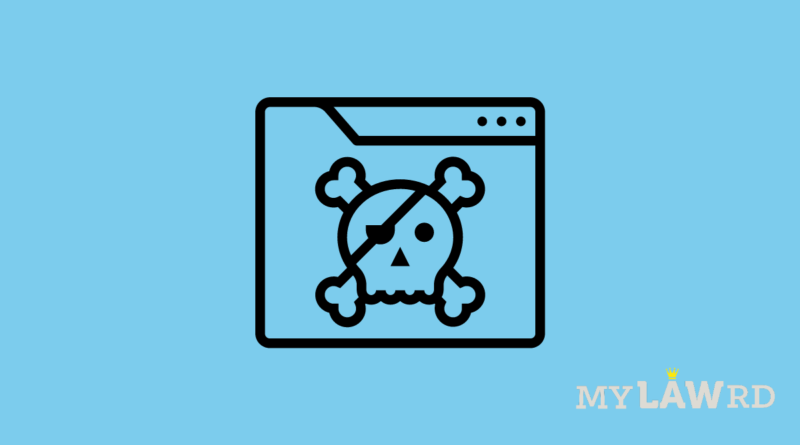Data Breach costs surge to record high in 2021: Report
Work from Home is very economical for companies but it has its limitations too. An increase in data breaches costs many organizations a fortune. According to a recently published report Annual Data Breach cost by IBM, the average cost of a data breach has risen to $4.24 million per incident globally. This is mainly due to technological shifts like remote working and reliance on cloud technologies.
With heavy reliance on digital interactions during the pandemic, companies embraced remote work and cloud as they shifted to accommodate this increasingly online world. The report found that these factors had a significant impact on data breach response. Nearly 20% of organizations studied reported that remote work was a factor in the data breach, and these breaches ended up costing companies $4.96 million which is nearly 15% more than the average breach.
Record high surge
This is the highest amount in the 17-year history of IBM’s annual data breach costs report. The average cost of the incident in the United Kingdom is rising by 8%. The average cost for each record was 131 pounds.
Factors responsible for it
The annual cost of a Data Breach Report, conducted by Ponemon Institute and sponsored and analyzed by IBM Security, identified the following factors:
- Remote work impact: The rapid shift to remote operations during the pandemic appears to have led to more expensive data breaches. Breaches cost over $1 million more on average when remote work was indicated. $4.96 million when remote working was a factor versus $3.89 million otherwise.
- Healthcare breach costs surged: Industries that faced huge operational changes during the pandemic (healthcare, retail, hospitality, and consumer manufacturing/distribution) also experienced a substantial increase in data breach costs year over year. Healthcare breaches cost the most by far, at $9.23 million per incident. It is a $2 million increase over the previous year.
- Stolen User Credentials: These were the most common cause of breaches in the study, with customer personal data the most common type of information exposed. This combination of factors could cause a spiral effect, with breaches of login details providing attackers with the capabilities to launch additional attacks.
Any positive sign?
The use of modern security tactics such as AI, automation, and the adoption of a zero-trust approach may pay off in reducing the cost of these incidents further down the line. Organizations with a mature zero trust strategy had an average data breach cost of $3.28 million. It was $1.76 million lower than those who had not deployed this approach at all.
In terms of mitigation factors, the study shows adoption of AI, security analytics, and encryption were the top three mitigating factors shown to reduce the cost of a breach, saving companies between $1.25 million and $1.49 million compared to those who did not have significant usage of these tools.
For cloud-based data breaches, organizations with a hybrid cloud approach had lower data breach costs of $3.61 million. This is against a cost of $4.8 million for those with primarily a public cloud setup and $4.55 million for businesses with a primarily private cloud approach.
Top five countries in terms of data breaches
The United States has topped this list with the most expensive data breach of $9.05 million per incident. The Middle East at $6.93 million per incident and Canada at $5.4 million per incident followed the US.
Although the International Telecommunication Union has ranked India 10th on the Global Cybersecurity Index, the country has been marred by cybersecurity incidents. India is also the most ransomware affected nation. While a study suggested that 59% Indians suffered a cybercrime in the last 12 months of study, the Government has recently informed the Parliament that India suffered 6 lakh cybersecurity incidents in the first half of 2021.
Do subscribe to our Telegram channel for more resources and discussions on tech-law. To receive weekly updates, don’t forget to subscribe to our Newsletter.

